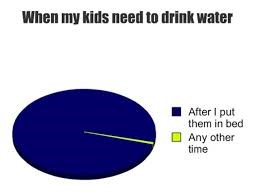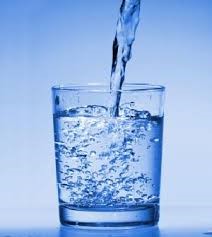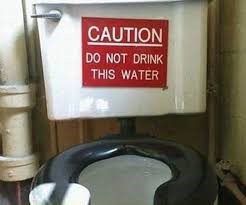Is the “8 glass a day” rule for water intake legit?
I just returned from another great speaking tour. Prior to leaving I received a great question from a client about water intake:
Question:“How much water should I be drinking? It seems recommended levels are always changing.”
The typical answer given is 8 glasses a day. But this isn’t really accurate?

Here is my response based on the available evidence:
Answer: “Great question. The recommended values have changed, and there is no clear science that tells us exactly how much, only rough indicators. I’ll give you my thoughts for your consumption based on physiology and the best research, and you can read below for further explanation.

You should simply drink when you are thirsty. When you are thirsty, take in about 8 ounces or more of water. Our thirst mechanism kicks in when the concentration of our blood increases by 2%, yet dehydration doesn’t start until the concentration increases by 5%. Another indicator is frequency of urination – if you are urinating less than 7 times a day, you are not consuming enough water. You should be urinating at least 7-12 times a day.
The above are the only recommendations supported by science. Mayo clinic says men need about 104 ounces, women need 72 ounces – but no research cited. There are other conditions, kidney stones, heat, pregnancy/breast feeding, and extreme exercise that affect needs. The Institute of Medicine concludes that 125 ounces for most men is ideal, or 12.5 8 oz cups. Here are some other specific recommendations: body weight/2 = ounces of water you should consume.
A researcher, Heinz Valtin MD called into question the water recommendations (the 8 glasses of water rule) and found not a shred of evidence supporting this recommendation. The Food and Nutrition board of the National Research Council suggests 1 milliliter of water for each calorie of food, which would amount to 64-80 ounces for most eating around 2000 -2200 calories. This seems to be the basis for the 8 glasses of water a day rule. But this is still a misinterpretation. Food contains about 20% water especially if you are eating fruits and vegetables, so only 80% of your food intake should come from water.

So that means you can rely on this arbitrary numbers, just lessen them by 20% to account for water in foods to give you specifically how much water you should drink. Or, you can rely on the most effective regulatory system ever – the human body, and monitor thirst and urine frequency.”
